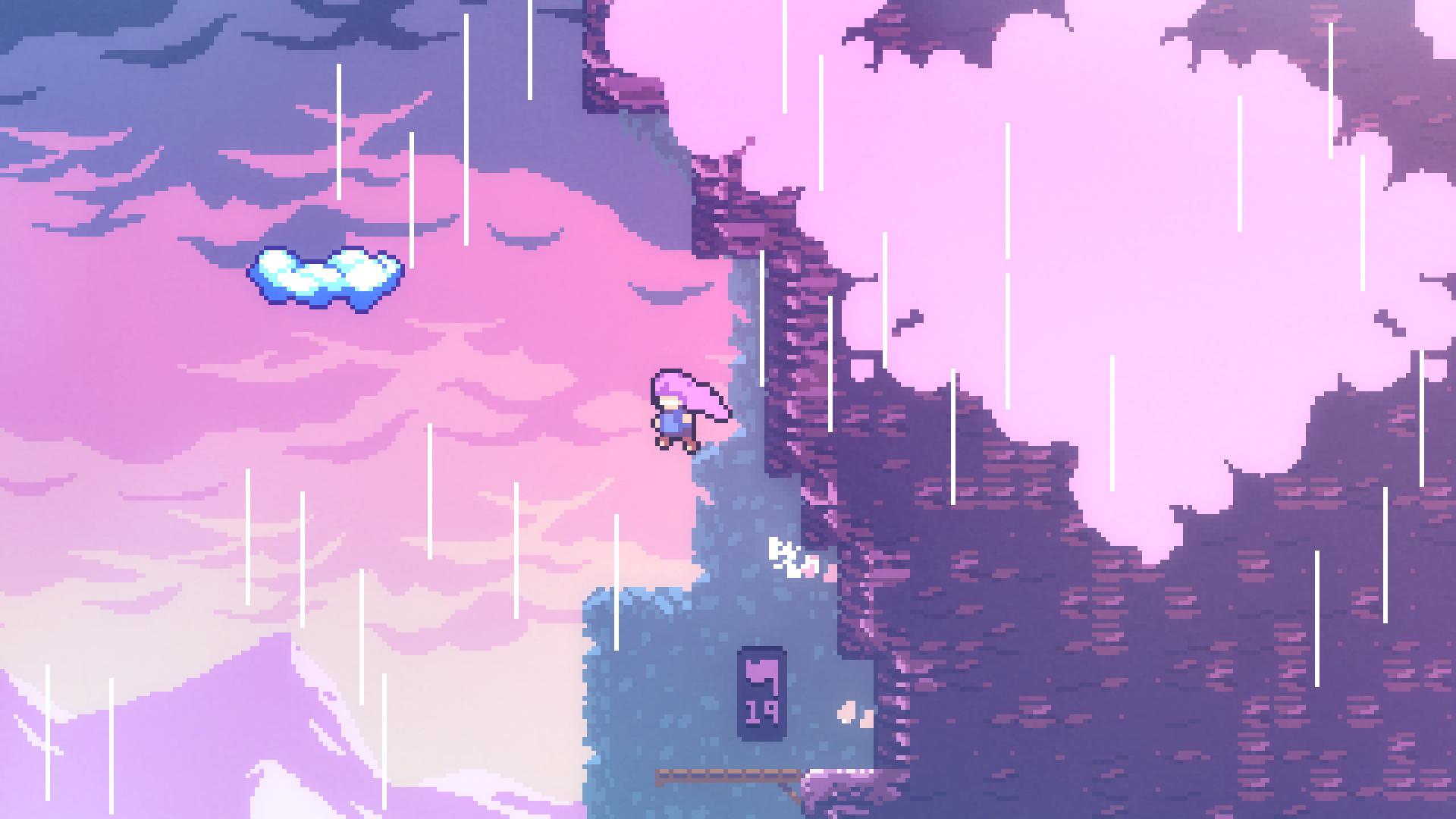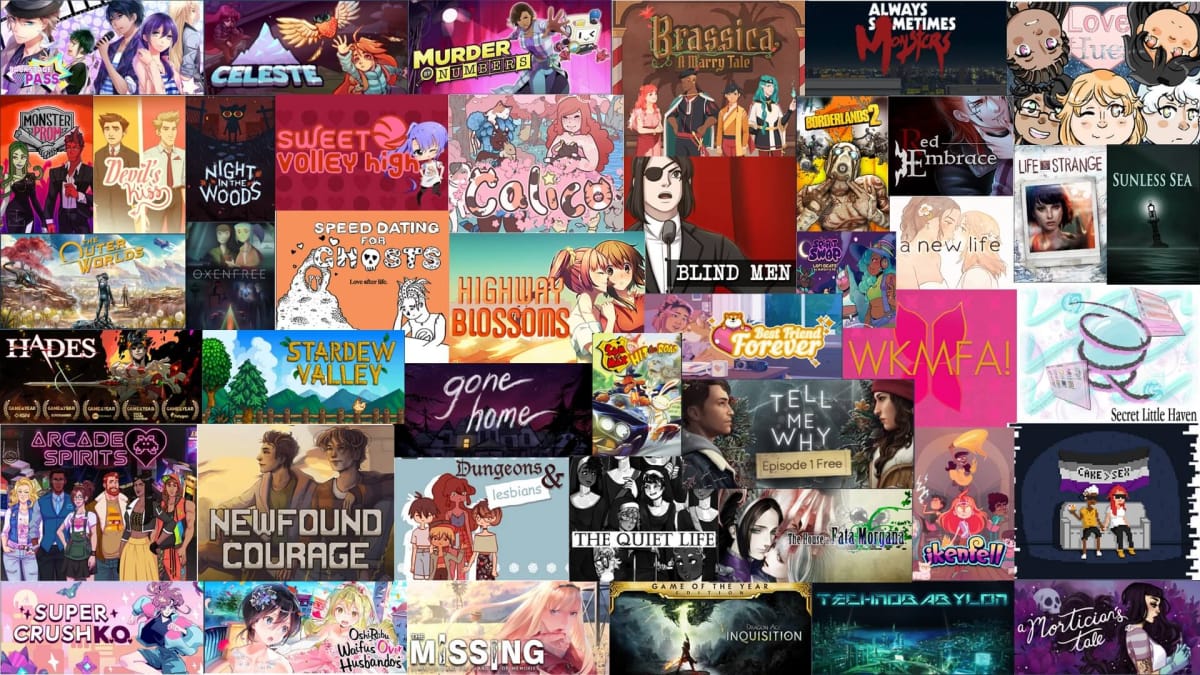When I found out that there was a route with an asexual character in Backstage Pass, I went out and bought the game at full price, immediately. I don’t even like visual novels! And then, when I found out that there was a side story with an asexual character in The Outer Worlds, I went and bought two copies of that — even though I already have it on Xbox Game Pass. I love seeing myself, my sexuality, represented in video games, and it’s so rare to find.
If you’ve never had to search for a game that (respectfully) portrays your sexuality or ethnicity or gender, you’re lucky. You don’t know what it’s like to see all these stories, to play all these characters and feel so completely and utterly absent. Sure, it’s easy enough to relate to Cloud or Chris Redfield and go, “I understand them, I can connect with their bravery and their stories.” But it’s not the same as playing a game and going, “Hey, that’s me!”
Stories of all kinds help us learn more about ourselves and others. They help us connect as human beings, and video games are unique in that, unlike books or movies, they’re actually interactive. You’re not just reading or watching the protagonist’s journey — you’re guiding them and moving them through it. It’s a story that you have a choice in; it’s a story that listens to your voice, within reason.
Video games are environments where we can freely roam and explore and do whatever we want, without any consequences in the real world. They are spaces where experimentation is inherently part of the plan. When played, video games allow people to try their stories out and fit them on for size. There have been stories recently of actors and actresses who have played LGBTQ+ characters and, in doing so, have realized that they are also on the queer spectrum. Video games give people a chance to do this from the comfort of their own homes, free of judgement, and without professional acting credits to their name.

The breakout 2018 platformer Celeste, designed and written by Maddy Thorson, has a lot of transgender themes throughout the narrative, and Thorson eventually confirmed that Celeste’s protagonist Madeline is transgender, like Thorson. Creating the game was a step in their journey to understanding themself through the lens of the character of Madeline. According to the flood of comments on the blog post, it’s a lens that other gamers have identified with and stepped forward to say that they too have been helped on their journey by Celeste.
For those who identify as LGBTQ+, stories that properly represent queer identities are an essential part of helping us come to terms with our own identity, be it other people’s stories or fictional ones. In turn, these stories can help the rest of us, regardless of gender or sexual identity, grow as people and understand those who have identities different from us, by putting us right in their shoes. I’m not a pansexual man, but after playing Zagreus’ journey in Hades, I think I understand people that are, just a little bit better.
The world is a diverse and bizarre place, full of people who don’t think or look or act like we do, but they’re people that we have to live with nonetheless. By having video-game protagonists and characters that are on this spectrum of diversity, it helps those of us struggling to understand our identity in a uniquely first-person way. And, for those of us who know our identities, it gives a window into the world seen through someone else’s eyes.
As humans, we’re never truly alone. Video games present a way for us to show and be shown that, which differs from any other creative medium. They can help people feel less alone, less isolated, less alienated. It can help them discover who they are and help to connect them with who others are. That’s never a bad thing, and it’s why LGBTQIA+ representation matters.
Have a tip, or want to point out something we missed? Leave a Comment or e-mail us at tips@techraptor.net













